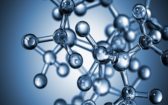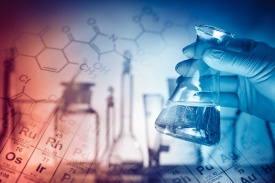Kök Hücre Araştırmalarında Mikroakışkanlar: Keşif için Yeni Araçlar
Mikroakışkanlar kök hücre araştırmaları için yenilikçi araçlar sunuyor, hücresel mikro ortamlar üzerinde hassas kontrol sağlanması, yüksek verimli tarama, ve hücre bazlı analizler. Kök hücre davranışını mikroakışkan cihazlarla manipüle ederek, araştırmacılar farklılaşma yolları ve hastalık mekanizmaları hakkında fikir sahibi oluyor, Kişiselleştirilmiş tıp ve rejeneratif tedavilerin önünü açıyor.












